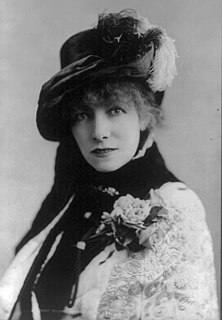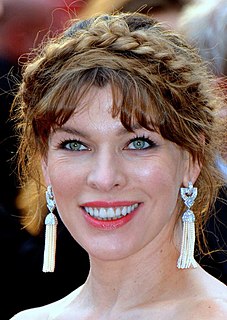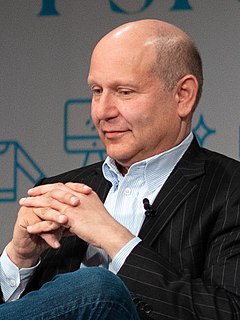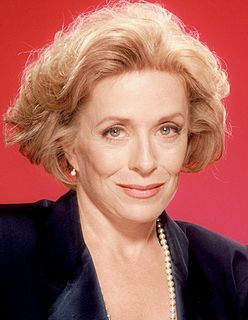A Quote by Geena Davis
Identifying with a character is one of the best parts of seeing a movie, but as women, we've had to train ourselves to experience the male journey.
Related Quotes
'Friends With Benefits': it feels like a two-hander to me, but it is a big movie, and this is the first straightforward male I've been able to play. I would describe my character in 'The Social Network' as a kind of sociopath. I would describe my character in 'Bad Teacher' as... just a weirdo. But this is a male's male.
You can't do a movie without villains. You have to have something for the heroines or anti-heroines to be up against, and I wasn't going to contrive some monstrous female, but even if this were the most men-bashing movie ever made-let all us women get guns and kill men-it wouldn't even begin to make up for the 99% of all movies where the women are there to be caricatured as bimbos or to be skinned and decapitated. If men feel uncomfortable in the audience it is because they are identifying with the wrong character.
Well, when I was really young and we lived in Sweden, the only films that were around at that point were... We had this collection of these super-8 highlight reels that they used to sell; like, they sold these super-8 reels that only had the best parts from a movie. So early on that's what I was seeing.
As I looked more carefully at the listening matrix I saw that during the past twenty years we had taken a magnifying glass to the first of these four quadrants, the female experience of powerlessness. I saw I was subconsciously making a false assumption: The more deeply I understood women's experience of powerlessness, the more I assumed men had the power women did not have. In fact, what I was understanding was the female experience of male power.
The bonding of women that is woman-loving, or Gyn/affection, is very different from male bonding. Male bonding has been the glue of male dominance. It has been based upon recognition of the difference men see between themselves and women, and is a form of the behaviour, masculinity, that creates and maintains male power… Male comradeship/bonding depends upon energy drained from women.
There's an idea that it's hard to be a woman artist. People assume that women have fewer opportunities, less power. But it's not any harder to be a woman artist than to be a male artist. We all take what we are given and use the parts of ourselves that feed the work. We make our way. Photographers, men and women, are particularly lucky. Photography lets you find yourself. It is a passport to people and places and to possibilities.
Life isn't about the final moments, it's about the journey, it's about process. What makes 'Rocky' work as a movie is seeing him working his way up from the streets to the arena and the fight of his life. You could just show that fight, and it would be great, but seeing that journey illuminates that fight and adds profound meaning to it.
Life isn't about the final moments, it's about the journey, it's about process. What makes Rocky work as a movie is seeing him working his way up from the streets to the arena and the fight of his life. You could just show that fight, and it would be great, but seeing that journey illuminates that fight and adds profound meaning to it.



































